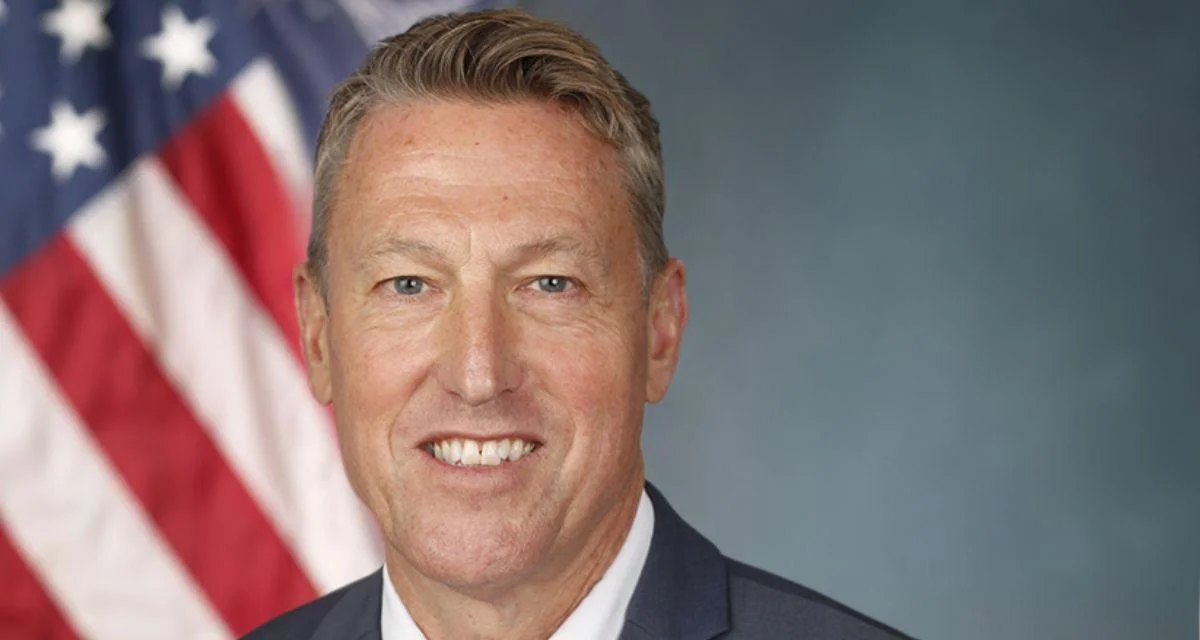U.S. Customs and Border Protection (CBP) has begun enforcing the end of the de minimis loophole, following President Donald J. Trump’s executive order. The closure of this loophole is intended to stop criminals from moving fentanyl, counterfeit goods, and unvetted imports into the United States without paying duties.
“CBP is ready to enforce,” said Rodney Scott, Commissioner of U.S. Customs and Border Protection. “For too long, this loophole handed criminal networks a free pass to flood America with fentanyl, fake goods, and illegal shipments. Those days are over. We are securing the border, restoring fairness to trade, and protecting American families.”
The process leading up to enforcement included months of public notice and preparation. In April, President Trump announced that de minimis would be suspended for China and Hong Kong as of May 2. He stated he would expand this suspension globally once the Secretary of Commerce confirmed that systems were ready for worldwide enforcement. After receiving confirmation in July that these systems were in place, the president ordered a global suspension effective August 29.
According to CBP, 95 percent of all de minimis shipments are managed by general cargo carriers or express shippers such as FedEx, UPS, and DHL. Industry participants have made necessary adjustments with little disruption reported. Postal operators like Royal Mail have resumed operations after brief system updates.
“This change has been months in the making, and we are fully prepared to implement it,” said Susan S. Thomas, Acting Executive Assistant Commissioner for CBP’s Office of Trade. “Foreign carriers and postal operators were given clear timelines, detailed guidance, and multiple options to comply. The only thing ending on August 29 is the pathway that has been used by criminals to exploit America’s borders.”
The volume of de minimis shipments increased significantly from 134 million in 2015 to 1.36 billion in 2024—equivalent to more than four million packages daily.
Investigations revealed that fentanyl found in international mail had an average purity above 90 percent compared to less than 10 percent at land borders.
Despite these changes, Americans will continue receiving overseas goods through secure channels.
President Trump decided not to wait until the statutory repeal set for 2027 due to concerns about risks posed by illicit trade.
“With this action, we are putting secure, lawful trade first,” Thomas said. “The message is clear: America’s borders are not open to criminals or counterfeiters — and CBP is ready to enforce the law.”
CBP remains the nation’s largest law enforcement organization responsible for unified border management across land, air, and sea domains.




